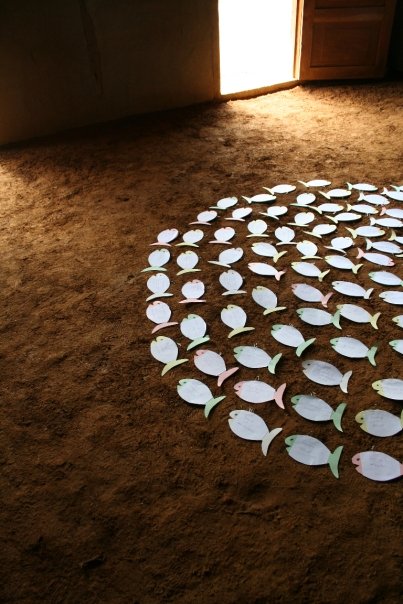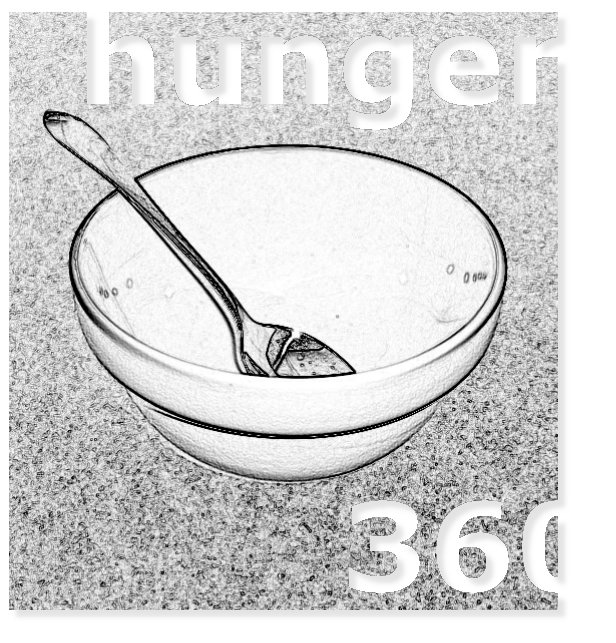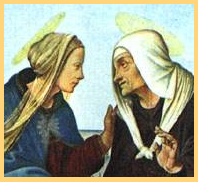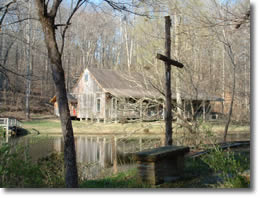Hope and I hauled three large boxes to the post office last week. They contained about one hundred plastic bags, each filled with a small towel, a wash cloth, a bar of soap, a toothbrush, a comb, a nail clipper, and six band aids. We assembled those hygiene kits for Church World Service, whose warehouse in Maryland was emptied in response to the great need in Haiti.
When we set up the tables for putting together those hygiene kits last Sunday, there was a moment when I said to myself, “What good are band aids to bodies bruised and broken by an earthquake?”
But then I remembered that those little sticky strips are magic. Our little ones come running to us, crying inconsolably, or so it seems, pointing to their elbow or their knee. What do we do? We look with careful attention, we acknowledge their pain, we kiss the scratch, and before we’re finished asking, “Would you like a band aid?” they are ready to go and play again. One small gesture of love, and the whole world has changed for them.
Band Aid has become a way of labeling our response to the needs of others as inadequate, as nowhere near the level of relief and support that is needed to really make a difference. We call it Band Aid when our actions only treat surface issues rather than the underlying causes of a crisis.
But when I think about the mother who will have a bright orange band aid to put on her child’s knee, I know we are doing something right, especially since it’s not all we do.
And when I watched our own children assembling those kits last Sunday, knowing that their help was needed and that they could do their part to bring comfort and healing to another family, I knew we were doing the right thing.
I like to think that one of our kids perhaps smuggled a crayon or two into the bag, knowing intuitively that we need not just food and water, shelter and a bath at the end of the day, but also pictures, stories, and songs.
And more than anything we need to know that we are not alone.
The church has responded to the needs of the survivors with shipments of food, tents, and blankets, water purification systems, baby kits, hygiene kits, medical supplies and personnel, and we continue to respond.
Amy Gopp, the Director of Week of Compassion, was in Nashville last week and we got together for a cup of coffee before she had to go to the airport. We talked about disaster relief, refugee assistance, and community development, the three columns of Week of Compassion.
We talked about how in each of those three areas our work is always coordinated with other churches, whether internationally, nationally, or on the ground in Haiti and elsewhere. We talked about the reality of the body of Christ in the world, where individual members don’t just do what they feel called to do, but are in constant communication about the demands of our faith, challenging each other’s assumptions, discussing goals and methods, praying and worshipping together, learning from each other, embodying the love of Christ in the world.
And Amy and I talked about how in those encounters and in that work the church is not presbyterian, lutheran, methodist, pentecostal, baptist, or anglican, let alone American, Norwegian, Haitian, or Indonesian – the church is the church, the church is one.
I read Job after the earthquake.
Job had a great life; it says in the very first verse that he was blameless and upright. He had seven sons and three daughters, and his wealth was considerable.
And then he lost everything. Oxen, donkeys, sheep and camels, thousands of them, all in one day. Servants came, one after another, to deliver the messages of death and loss, each of them ending their report with the same refrain, “I alone have escaped to tell you.”
And then another servant came with word about Job’s children. They had all been together at a party in the house of his firstborn when the house collapsed on them and they were all killed.
I thought about Job when I heard the story of a man in Port-au-Prince who stood outside the morgue wailing, “Just let me see her body!” and they couldn’t let him in because there were too many bodies and too many husbands and wives, mothers and fathers, brothers and sisters looking for the bodies of loved ones.
I thought about Job when I read about the teacher looking at what was left of the school, knowing that her students had been in the building when the earthquake struck.
I thought about Job when I read about the missionary who talked to a girl trapped under big chunks of concrete, encouraging her to pray and not give up hope, telling her that he would come back with help – and when he came back and called her name there was no response.
I read Job after the earthquake.
I wondered if he got to see and hold his children one last time before they were buried, or if there was only a mass grave for them and all who had died that day.
Job had three friends, and when they heard of his tragic loss, they came to console and comfort him. Only what could they possibly say or do?
They sat with him on the ground seven days and seven nights, and no one spoke a word to him, for they saw that his suffering was very great (2:13).
I sense a deep reverence and respect for a friend’s loss in that response. They didn’t stop by and whitewash his pain with talk show chatter. They sat with him, not off in the distance discussing and explaining what had happened to him and why. They let him know that he was not alone, and they didn’t say a word until he spoke [and after the first round of conversation, he told them, "If you would only keep silent, that would be your wisdom (13:5)."]
It doesn’t say that their presence was a comfort to him, but I imagine it was. Sitting with him on the ground for seven days and nights was a gesture of friendship and solidarity. There are times when silence is not only an expression of wisdom, but of love.
I thought and prayed about bodies these last two weeks. Bodies in collapsed buildings; bodies lying in streets; bodies hastily buried.
Living, breathing, vulnerable bodies that need water and food and shelter.
The body of the little five-year-old boy pulled alive from the rubble on Thursday, with people laughing and singing in wonder and joy.
I was surprised at how physical my reaction has been. My heart was heavy with sadness; I cried reading blogs and newspapers, and listening to the radio; I felt a wave of joy wash over me when I saw pictures of little children playing and singing in villages just outside the city; and at night I lay awake in bed not just thinking how fortunate I was to be with my family and to have a roof over our heads, but knowing gratitude in my body like a layer under my skin and the pulse in my veines.
I don’t know how many times I have heard or read Paul’s letter to the Corinthians and how often I have spoken about the church as the body of Christ and the variety of gifts among its members.
In these past two weeks the knowledge of this reality once again travelled from my head down to my bones.
Last Sunday we sang, “And we, though many throughout the earth, we are one body in this one Lord,” and it is true.
Today we heard, "In the one Spirit we were all baptized into one body—Jews or Greeks, slaves or free—and we were all made to drink of one Spirit. (…) If one member suffers, all suffer together with it; if one member is honored, all rejoice together with it."
This is true – not an idea, not a concept, but an embodied reality.
We come from a variety of religious and ethnic backgrounds, and our social and economic status varies, both within and between congregations, but in Christ all those differences are relative.
In Christ, we are all parts of one body, and members one of another. Our individuality is honored in that we each serve the body in a distinct and essential way, even the littlest among us, but we are no longer just a multitude of bodies, stories, and voices. We are one body in Christ, and individually we are members one of another.
It is the body of Christ that was buried in the ruins of Port-au-Prince, and the body of Christ that began digging with bare hands;
it is the body of Christ that longs for freedom, and the body of Christ that brings good news to the poor and freedom to the oppressed;
it is the body of Christ that suffers, and the body of Christ that sits in silence for seven days and nights;
it is the body of Christ that hurts and hungers and thirsts, and the body of Christ that holds and feeds and comforts;
the truth of Christ is not an idea or a set of beliefs, but the embodied reality of love and mercy.
We cannot say to one another, “I don’t need you,” because we have each been given to another. The eye cannot say to the hand, “I have no need of you,” nor again the head to the feet, “I have no need of you.”
But the hand can say to the eye, “Tell me what you see,” and the eye to the hand, “Help me look deeper.” The feet can say to the head, “Help me understand,” and the head to the feet, “Help me get there.”
God has knit us together in one body, fearfully and wonderfully made.













